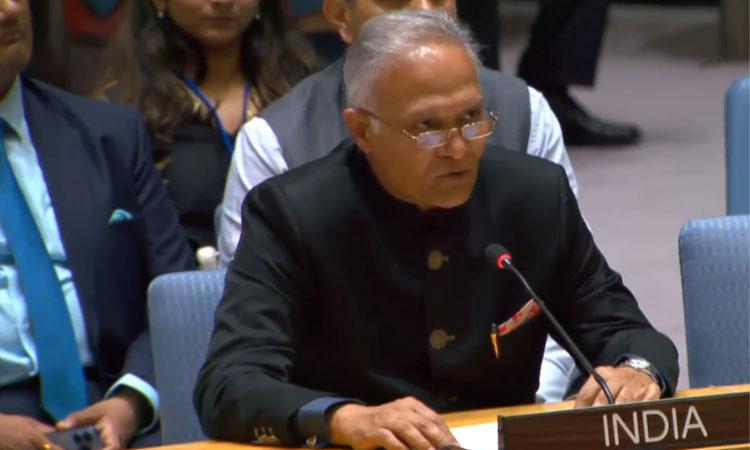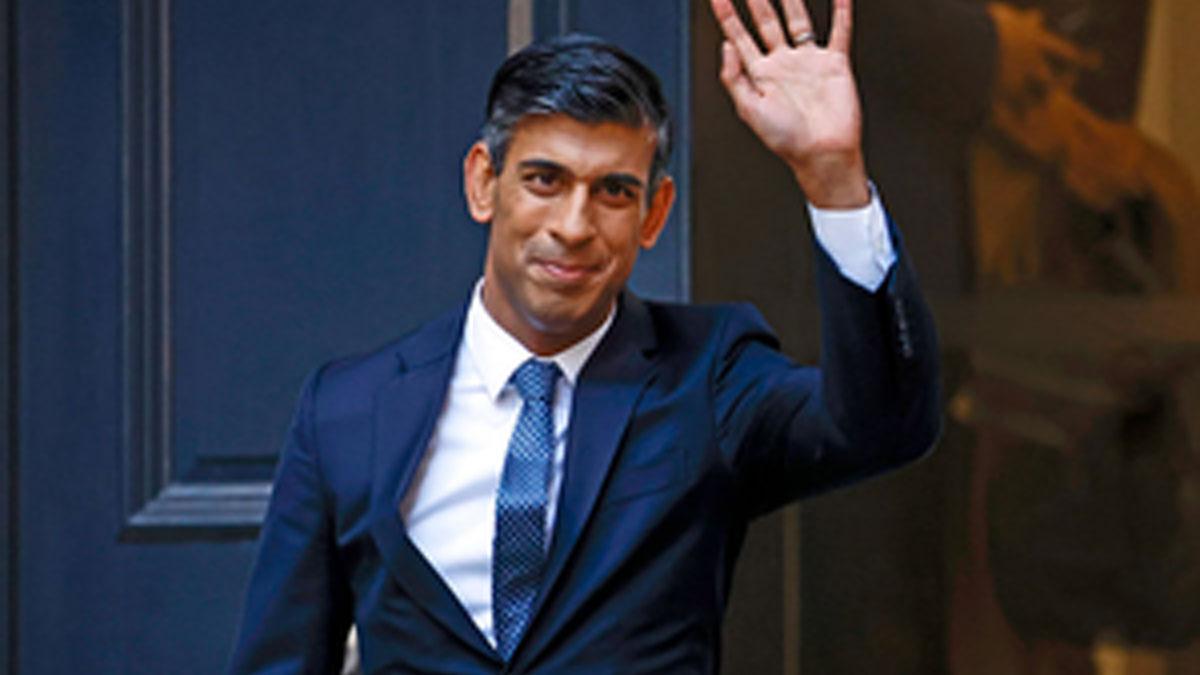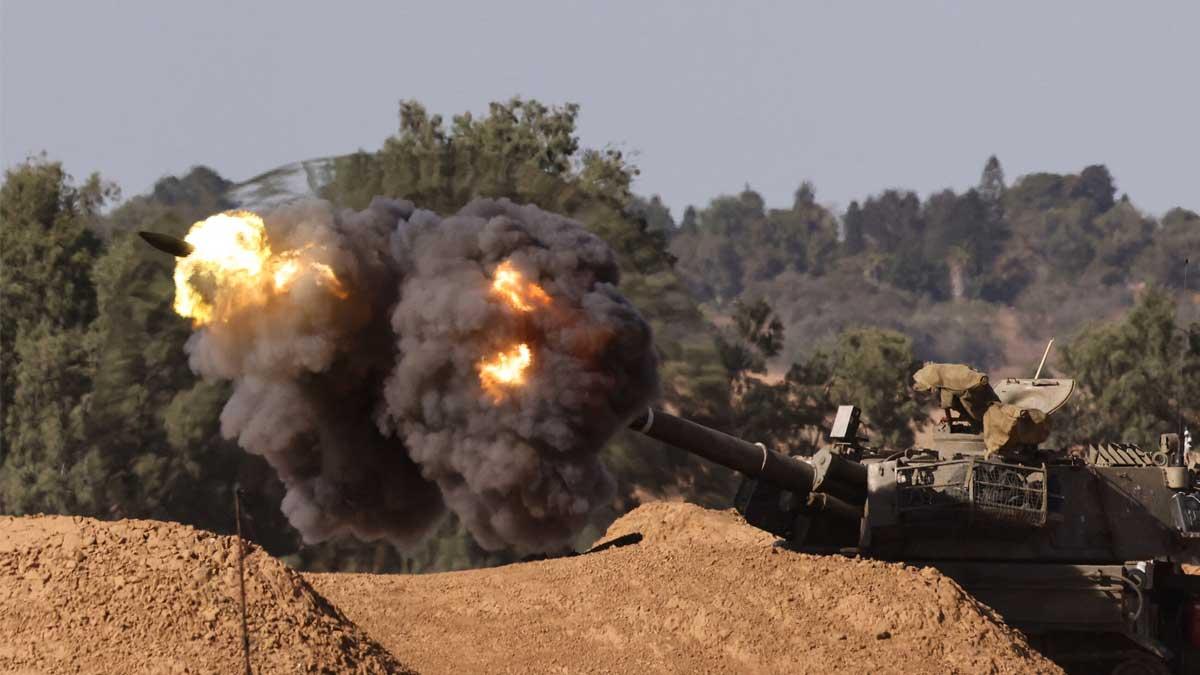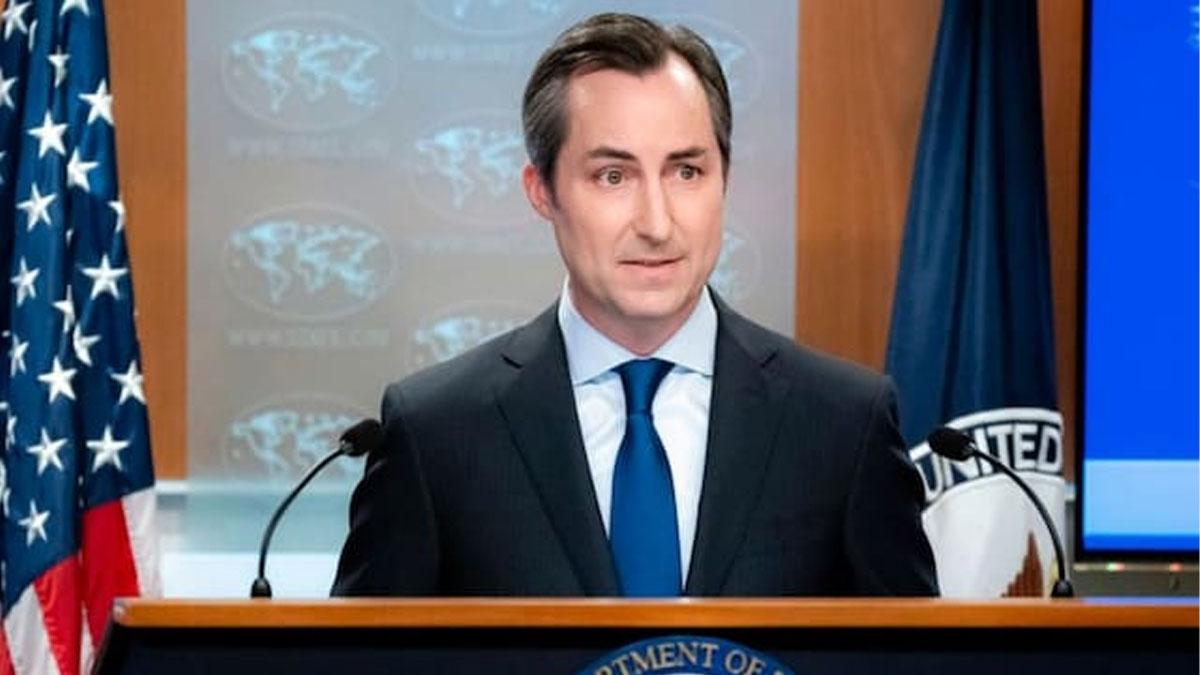India has raised the ineffectiveness of the Security Council in finding a solution to the Ukraine crisis and said that unless the "systemic flaw" responsible for it was fixed through reforms, the UN will lack credibility.
Speaking on Thursday at the Council debate on Ukraine, Sanjay Verma, Secretary (West) in India's External Affairs Ministry, asked: “Why is it that the UN system, and particularly its principal organ, this very UN Security Council, mandated to primarily maintain international peace and security, rendered completely ineffective to the resolution of the ongoing conflict?"
"For multilateralism to be effective, outdated and archaic structures need reform and reinventing, else their credibility will always be on the wane. And unless we fix that systemic flaw, we will continue to be found wanting," he said.
The polarised Council has been deadlocked because Russia is a veto-wielding permanent member and is also the invader making decisions impossible.
Verma criticised Russia's invasion of Ukraine, but as India has in the past without naming Moscow: "The global order that we all subscribe to, is based on international law, principles of the UN Charter and respect for the territorial integrity and sovereignty of all States. These principles must be upheld, without exception."
"We have always advocated that no solution can ever be arrived at the cost of human lives. Escalation of hostilities and violence is in no one's interest," he said.
"We continue to advocate Prime Minister Modi's view that 'this is not an era of war'. On the contrary, it is a time for development and cooperation," Verma said.
"It is indeed vital that we continue to believe in the promise of diplomacy and that eventually, it is always dialogue and diplomacy that delivers," he said.
Verma said that the collateral damage from the war has devastated the Global South and the voices of these countries should be heard and their perspectives taken into account.
"India's G20 Presidency has ensured that some of these economic pitfalls faced by developing countries were brought to the forefront of the G20 Agenda and through a consensus-based approach a road map agreed upon, which also provided solutions for countries facing debt distress," he said.
ALSO READ | Families concerned over 'escalating tension' between India and Canada


















